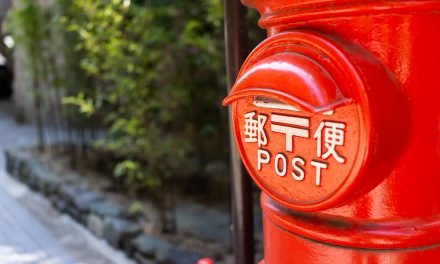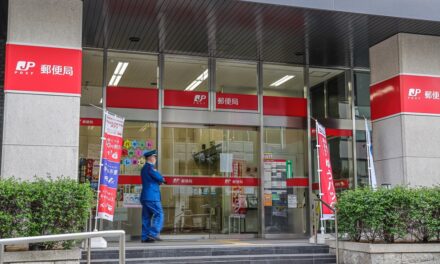
Economic policy: Japan Post aims at further aggrandisement
The crowning economic achievement of Mr Koizumi’s premiership was his enactment of legislation to privatise Japan’s vast postal empire. According to that law, in October Japan Post will be reorganised as a holding company with a delivery system, an insurance company and a savings bank as discrete subsidiaries. Over time those financial companies will be privatised and forced to compete with private enterprises. The legislation, however, embodies several potentially serious flaws. It lacks, for instance, stipulations that would prevent the three separate companies from continuing to co-operate intimately; to the contrary, they would ultimately be permitted to buy shares in each other and therefore to reconstruct much of the financial and corporate structure that has historically bound them together. In addition, the law states that the government guarantee of the insurance and banking companies’ products will not be phased out for many years to come. Hence, the companies will still enjoy a competitive and financial advantage over private insurers and banks.
Equally problematic are provisions that will allow the mail and package delivery service to expand into other businesses in order to render more of the country’s 24,000 local offices profitable. This was certainly what the new president of Japan Post, Yoshifumi Nishikawa, had in mind when he announced in April that the branches of his empire would soon start selling mortgages to retail customers. Given that he and his colleagues do not have experience in financial services, he said, they might seek the assistance of that equally dirigiste agency, the HFA. Mr Nishikawa also intends to transform the five- and six-storey main post offices in Tokyo, Osaka and Nagoya into skyscrapers of which the floor space can be rented as stores and offices. The ostensibly shrinking postal empire will thus expand into real estate, mortgage lending and perhaps other industries.












